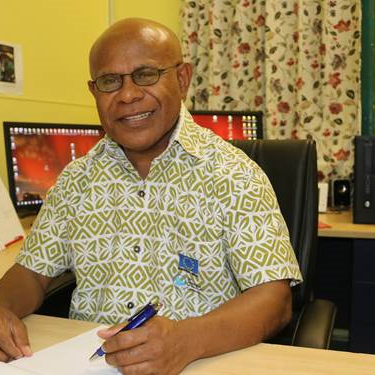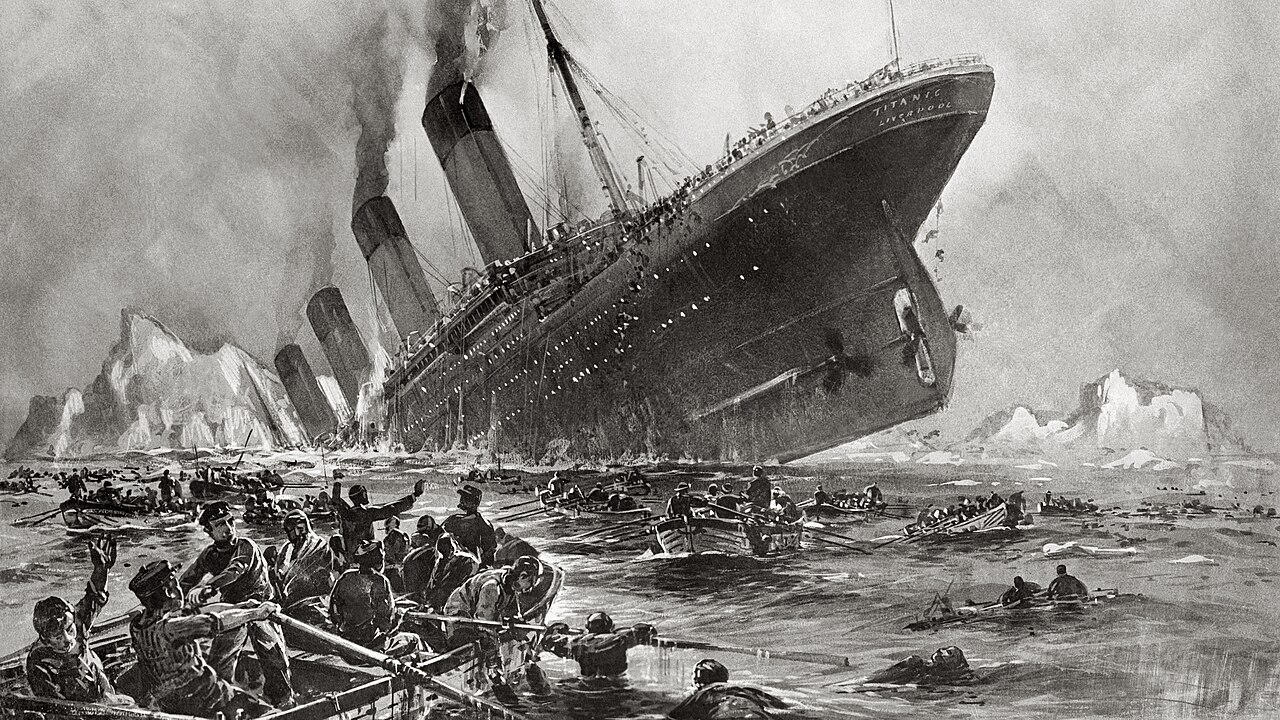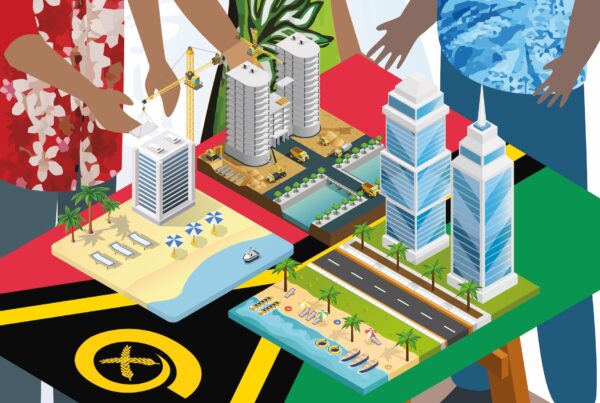By Howard Aru
At around 2:20 a.m. on the cold and freezing morning of 15th April 1912, the following message came blistering across the airwaves, “We have struck iceberg … sinking fast … come to our assistance.” The ‘unsinkable’ Titanic was doomed ‘as it slowly sank into its watery grave’, according to author Greg Smith. But why did the largest, most advanced ship of its time sink? Was it the iceberg?
Smith writes, ‘those of us who study history or remember the movie may know why. It wasn’t the iceberg that caused the disaster. It is clear in my mind the real cause was failed leadership.’ He continues, the Titanic still rests on the bottom of the ocean, but we can resurrect the truth and apply a few lessons learned to help us become better leaders.
What Economy???
The way things are today, we have basically struck a gigantic iceberg. Not a physical one, but a collosal economic one. But it appears we still have some pessimists around, who seem to think we are still ok. I sat in one of those never-ending meetings last week discussing the current situation and reflected on our PM’s call for ‘soft’ border re-opening measures and how we need to gear ourselves up to try and bring in ‘fresh money’ into the economy, all and largely for the sake of jobs for our people (besides other national priorities.)
As soon as the word ‘economy’ was mentioned, one of the officials sitting on the otherside of the table quickly scribbled this somewhat sarcastic question and slipped it across the table to one of his colleagues: “What Economy???” Yes, with three question marks next to the word! Without realising it, he slipped the piece of paper past a leader who was deeply concerned about the economy (as most others are).
The economy has a direct bearing on jobs – thus employment for our people – which in turn create incomes to sustain the questioner and all of us together – school fees, electricity and water bills, food, medical services, public transport, and more.
The colleague who questioned the economy interestingly enough serves in the social sector. I am not surprised. But each fortnight he and the rest of us head to the ATM machine for money – a product of the crippled economy we are all fully part of, whether we like it or not. Because of the nightmare the economy is faced with, the crew and sailors in the vessel are leaving.
That’s the most worrying part of the dilemma. Not in 5s or 10s, but in the 100s and soon-to-be multiple thousands, if the current trend proceeds unabated.
This is a dilemma for two important reasons. Firstly, it affects one of our key factors of production (FOP) – i.e., Labour. In simple terms, FOP are ‘the inputs needed for the creation of a good or service’. Moreso, within the context of our national policy drive to boost agricultural production where labour is a key component, this is a very worrying sign.
Secondly, it calls into question our big national agenda of ‘localisation’ vs the sheer importance of ‘Key Positions’ in foreign direct investment (FDI).
A lot of the existing Covid-shaken businesses we still have around (both foreign and local) are dead scared of what can be a looming labour shortage crisis in the country. Why? Because even those who are privileged to be employed in the existing busineses are already eyeing greening pastures overseas.
Sailors desert the sinking Titanic
It is scary, but real. The sea of people that crowded the entire Independence Park on Wednesday and Thursday this week in the hope of finding work under the RSE and SWP tells us one thing – the economy has failed them. It is not anyone’s fault. It’s just the way things are.
The pandemic has exacerbated it all. The sailors – the men and women who are supposed to be providing all the manpower support required on deck are departing in droves.
Right now it’s a question of survival far more than anything else. While we dilly-dally around work programs, business plans, and ‘policies’ (as somebody tried debating yesterday), people are suffering for want of the most basic needs and to survive the growing economic crisis in our midst.
We need to address quick win plans and generate ‘new money’ into the economy to sustain our businesses above water. We are in business unusual times. So, do we open our doors and relax our policies a bit or do we not?
The case for a More Open and Friendlier Business Environment
While certain types of unweary consumer-driven businesses that simply cause unnecessary overcrowding and closely related to NCDs might best be limited, there are numerous other enterprises and investments that can make a tremendous impact on our doomed economy.
VFIPA is currently working very closely with other line agencies to promote the whole concept of ‘Remote Workers’ (the so-called ‘52-week Tourist’) and incentives targetted at a particular market.
A broader Investment Promotion and Marketing Strategy (IPMS) will also be designed in the coming weeks focused on strategic areas that we can attract investments into.
What we seriously need more of is a greater level of understanding and cooperation between relevant agencies (other than VFIPA) to manage relations both among employers and employees within companies and between the companies/enterprises and relevant agencies of Government.
One immediate question for our consideration is, how do we understand a company, its needs, its challenges, aspirations and potentials without taking the time to meet with its CEOs, Directors and Managers?
In other countries which understand the need for better ‘employee relations’, the term ‘industrial relations’ is an old relic. Vanuatu needs to follow suit. We are in competition with other destinations.
As our titanic struggles to keep afloat, and as our crew and sailors depart en masse and in droves, we need to think much more outside the box and as a Developing Country. We should have already burried LDC thinking and practices on 4th December 2020.

Howard Aru is current CEO of the Vanuatu Foreign Investment Promotion Agency (VFIPA) and former Director General of the Ministry of Agriculture, Livestock, Forestry, Fisheries and Biosecurity, and the Ministry of Health.





